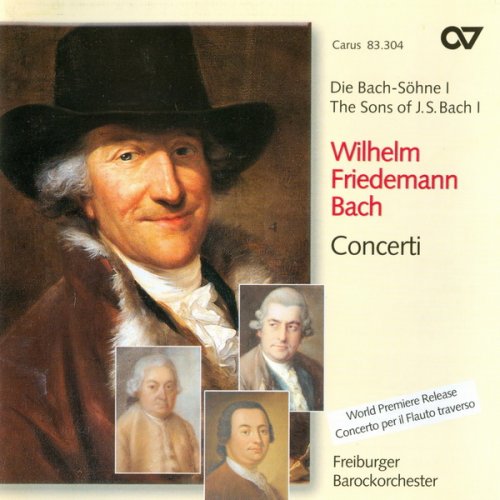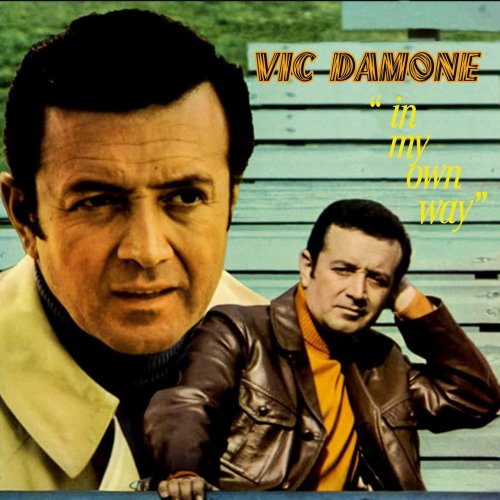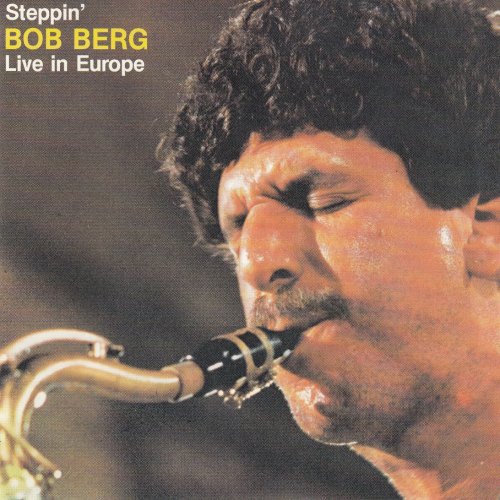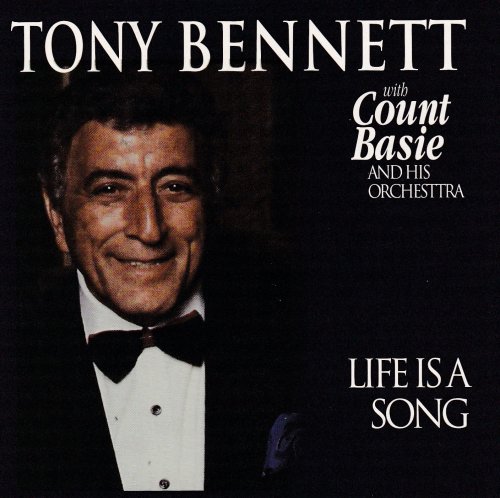Freiburger Barockorchester, Gottfried von der Goltz - W.F. Bach: Concerti (2002)

Artist: Freiburger Barockorchester, Gottfried von der Goltz
Title: W.F. Bach: Concerti
Year Of Release: 2002
Label: Carus
Genre: Classical
Quality: WavPack (image+.cue,log,scans)
Total Time: 01:15:04
Total Size: 421 mb
WebSite: Album Preview
Tracklist: Title: W.F. Bach: Concerti
Year Of Release: 2002
Label: Carus
Genre: Classical
Quality: WavPack (image+.cue,log,scans)
Total Time: 01:15:04
Total Size: 421 mb
WebSite: Album Preview
Concerto per il Flauto traverso in D BR C 15 ( Flauto, 2 VI, Va, Bc)
1. I. Un poco Allegro 7:39
2. II. Largo 9:21
3. III. Vivace 5:07
Sinfonia in d BR C 7 (2 Fl. 2 VI. Va. Bc)
4. I. Adagio 3:27
5. II. Allegro e forte (Fuga) 4:54
Concerto per il Cembalo in e BR C 12 (Hammerklavier, 2 VI, Va, Bc)
6. I. Allegretto 9:25
7. II. Adagio 8:39
8. III. Allegro assai 5:14
Concerto a due Cembali in Es BR С 11 (2 Cembali, 2 Tr, 2 Cor, Timp, 2 VI, Va, Bc)
9. I. Un poco Allegro 10:56
10. II. Cantabile 3:11
11. III. Vivace 7:11
Performers:
Freiburger Barockorchester
Violine: Gottfried von der Goltz
Cembalo: Robert Hill (9, 10, 11)
Cembalo: Michael Behringer (1, 2, 3, 6, 7, 8, 9, 10, 11)
Flauto traverso: Karl Kaiser (1, 2, 3, 4, 5)
Klavier: Michael Behringer (1, 2, 3, 6, 7, 8, 9, 10, 11)
He has opened the Bach dance! The Freiburg Baroque Orchestra and the Carus-Verlag Stuttgart pay in a series of albums compositionally the sons of acting, great maestro 'attention - a commendable act. Because - be honest - who are the sons of Bach's actually a term? - No question: it starts with Carl Philipp Emanuel, may go further with Wilhelm Friedemann ... at the latest but probably shrug his shoulders the most. Not without good reason, because in fact were and are still the sons of Johann Sebastian Bach - it was the way four composing of them - in the shadow of himself to this state for some time of musicological side and on the part of the record companies counteracted.
A truly great result of this effort is worth listening to us this recording, for the Freiburg Baroque Orchestra, Karl Kaiser (transverse flute), Michael Behringer (fortepiano, harpsichord) and have Robert Hill (harpsichord) resorted to the instruments. A special feature of this CD is the world premiere recording of the concerto for flute in D major, long time erroneously Quantz had been attributed. The concert comes from the music archives of the Academy of Music in Berlin, which was itself since the war as lost. With the rediscovery of the music archive of the Bach scholar Christoph Wolff in 1999, the music of the concert is only recently become accessible again.
Wilhelm Friedemann Bach (1710-1784), eldest son of Johann Sebastian Bach and Maria Barbara, was an outstanding virtuoso of his time, which in addition to his job as organist of the composition, of course, but also - devoted to the mathematics - the same father. His compositional ambitions, but not necessarily followed, as one would perhaps expect, where his father, although he harbored great admiration for his music, his music has a mix of conservative and progressive elements.
Four of his works - the aforementioned Concerto for flute in D major, a Sinfonia in D minor, a concerto for harpsichord in E minor and a concerto for two harpsichords in E flat major - be presented to us on the CD of the Freiburg Baroque Orchestra . Surprisingly, striking at first is very clear and brilliant sound of the recording and the melodious sound great in all registers. Also the fact that all instrumentalists playing music on period instruments - a self-understanding of the Freiburg Baroque Orchestra - contributes significantly to the sound during the recording. The interpretations of the works are characterized by rhythmically precise playing of the orchestra, which in turn precludes the artistic freedom means. Orchestra and soloists delight not only in their distinctly audible joy of playing, but they seem very convincing with the dynamic nuances that are just so very evident in the Baroque music. The Freiburg Baroque Orchestra, the (unfortunately rather rare) ability - and proof is not only this recording - to carry the / accompanying the soloists, and yet because of the playful vibrancy not to come to the fore. Thus, only results in a balanced tonal relationship between orchestra and soloist (s). In short: an all around enjoyable and highly recommended CD!
A truly great result of this effort is worth listening to us this recording, for the Freiburg Baroque Orchestra, Karl Kaiser (transverse flute), Michael Behringer (fortepiano, harpsichord) and have Robert Hill (harpsichord) resorted to the instruments. A special feature of this CD is the world premiere recording of the concerto for flute in D major, long time erroneously Quantz had been attributed. The concert comes from the music archives of the Academy of Music in Berlin, which was itself since the war as lost. With the rediscovery of the music archive of the Bach scholar Christoph Wolff in 1999, the music of the concert is only recently become accessible again.
Wilhelm Friedemann Bach (1710-1784), eldest son of Johann Sebastian Bach and Maria Barbara, was an outstanding virtuoso of his time, which in addition to his job as organist of the composition, of course, but also - devoted to the mathematics - the same father. His compositional ambitions, but not necessarily followed, as one would perhaps expect, where his father, although he harbored great admiration for his music, his music has a mix of conservative and progressive elements.
Four of his works - the aforementioned Concerto for flute in D major, a Sinfonia in D minor, a concerto for harpsichord in E minor and a concerto for two harpsichords in E flat major - be presented to us on the CD of the Freiburg Baroque Orchestra . Surprisingly, striking at first is very clear and brilliant sound of the recording and the melodious sound great in all registers. Also the fact that all instrumentalists playing music on period instruments - a self-understanding of the Freiburg Baroque Orchestra - contributes significantly to the sound during the recording. The interpretations of the works are characterized by rhythmically precise playing of the orchestra, which in turn precludes the artistic freedom means. Orchestra and soloists delight not only in their distinctly audible joy of playing, but they seem very convincing with the dynamic nuances that are just so very evident in the Baroque music. The Freiburg Baroque Orchestra, the (unfortunately rather rare) ability - and proof is not only this recording - to carry the / accompanying the soloists, and yet because of the playful vibrancy not to come to the fore. Thus, only results in a balanced tonal relationship between orchestra and soloist (s). In short: an all around enjoyable and highly recommended CD!


![Ian Simmonds - All That's Left (2019) [Hi-Res] Ian Simmonds - All That's Left (2019) [Hi-Res]](https://www.dibpic.com/uploads/posts/2019-03/1554007281_folder.jpg)




![Stephanie Lamprea - Don't Add To Heartache (2024) [Hi-Res] Stephanie Lamprea - Don't Add To Heartache (2024) [Hi-Res]](https://img.israbox.com/img/2026-01/26/mlhr9k3rsc7rcm26ynjitzu2y.jpg)
